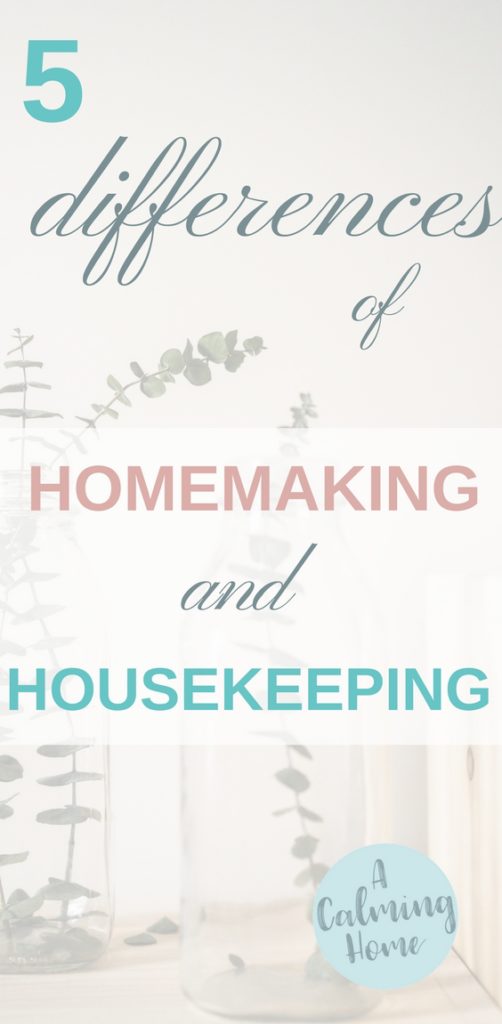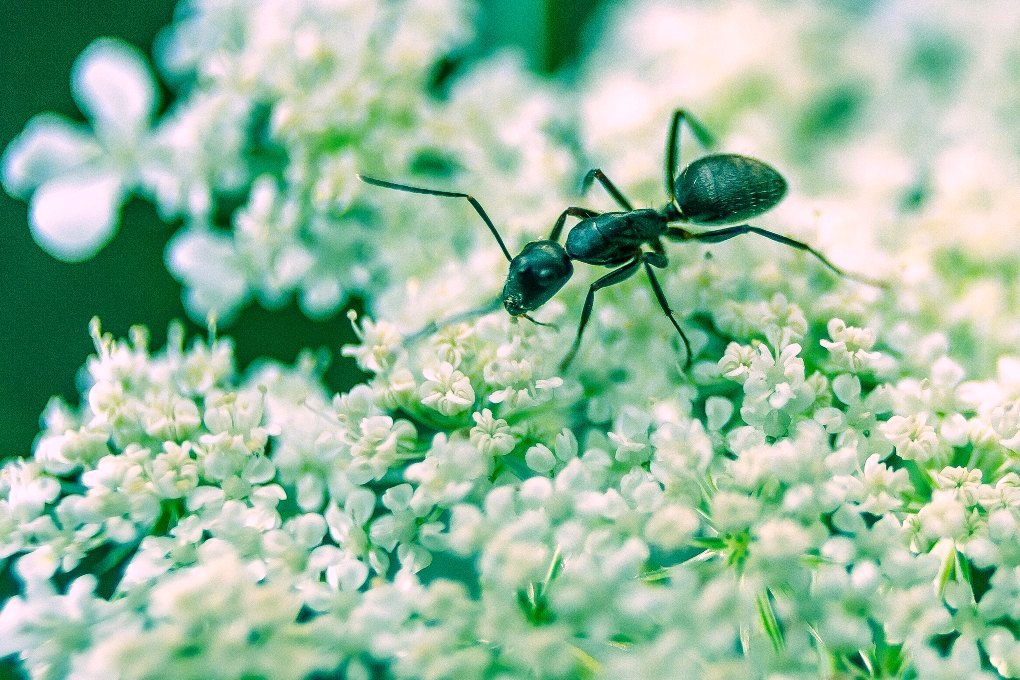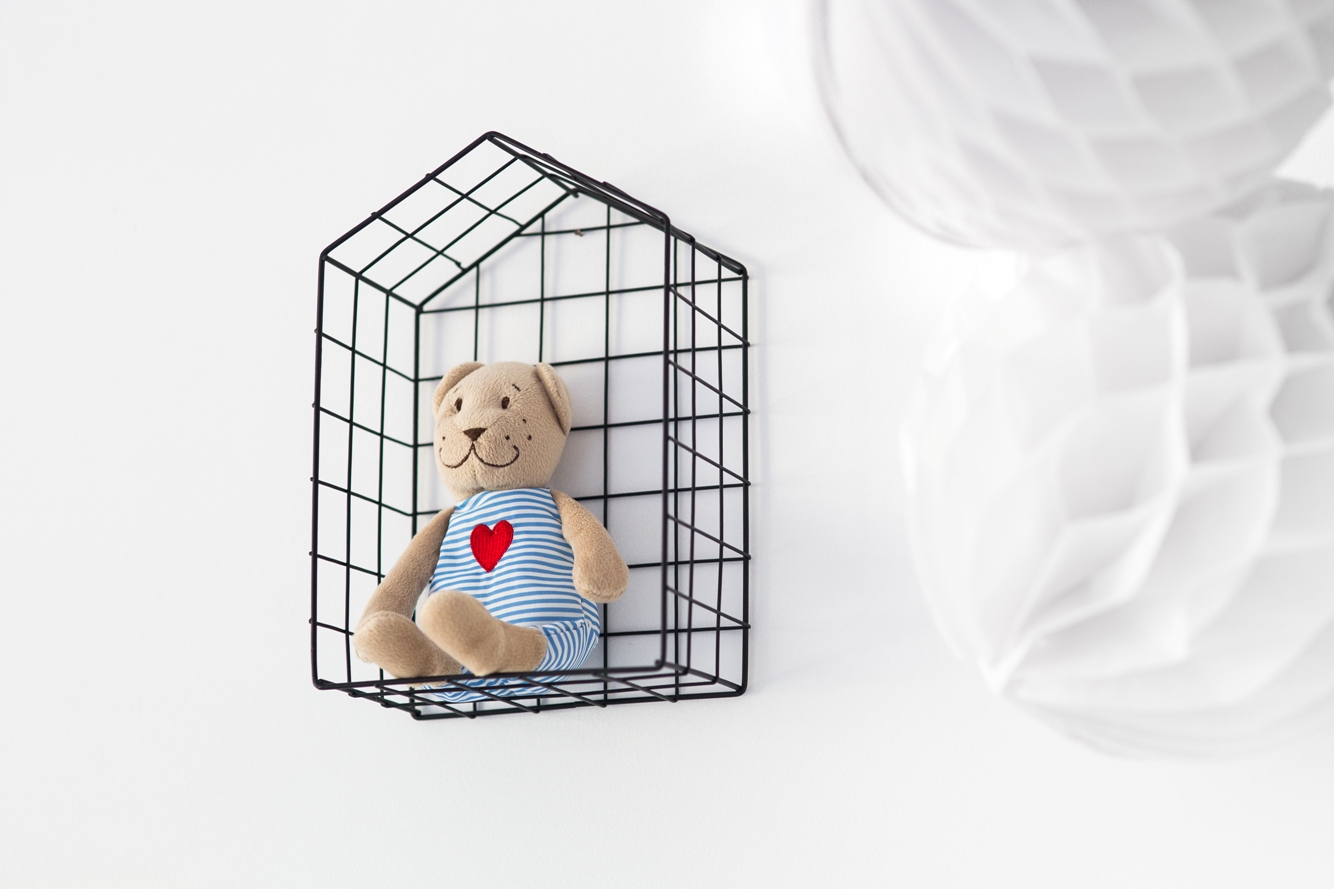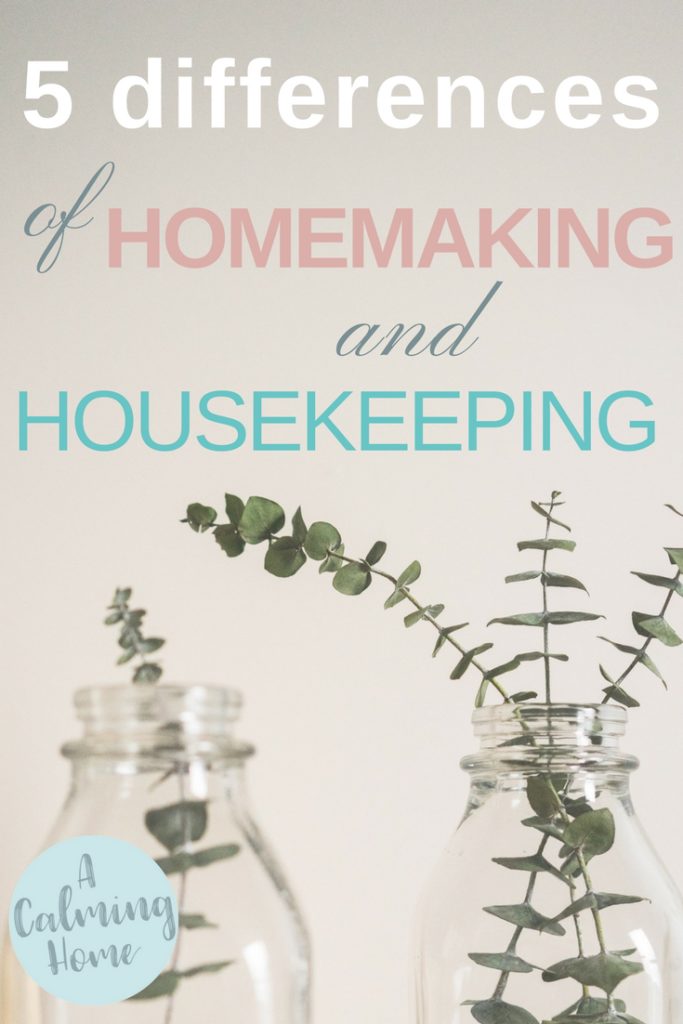
What makes homemaking different from housekeeping?
When people say housekeeping, the first thing that comes to mind is the knocking at my hotel room door with someone yelling “housekeeping!”. Then there is that flurry of white towels and bed sheets thrown about, and in 5 minutes or less, my hotel room is as good as the first time I opened the door. Those housekeepers are like machines!
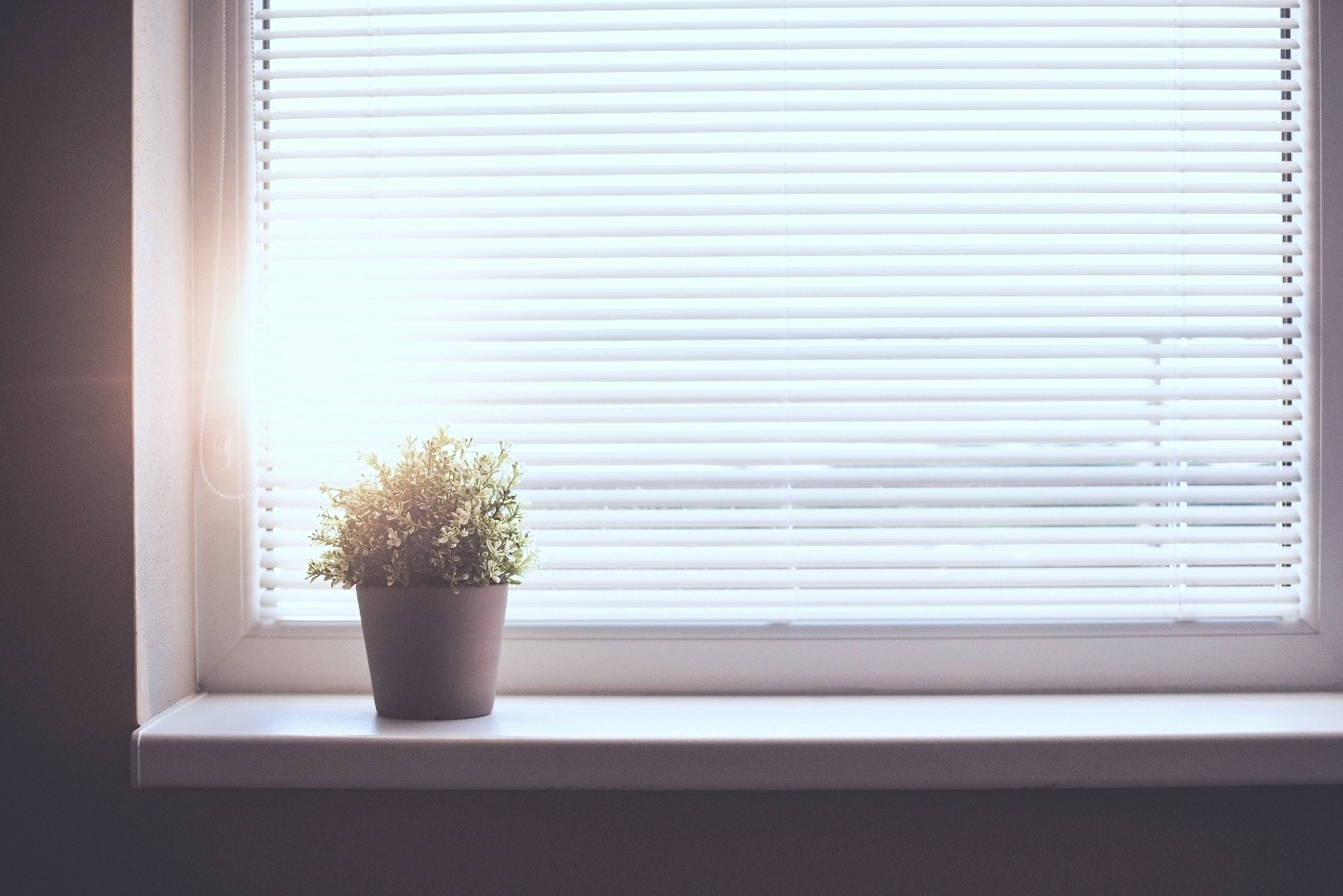
With homemaking, all I can think of is my home economics class in elementary school; It was my favorite subject. I loved learning how to cook and sew and entertain guests and all these fun things about managing a home. You see, I grew up in a provincial town, and homemaking is pretty much a part of my life even as a child.
I remember how I loved watching adults harvest their veggies from the garden, cook food in their “dirty” kitchens, and wash clothes by hand in their backyards. We had a garden with fruit-bearing trees too, and I loved the childhood memories associated with them. My father even had a chicken coop and I got to do the honors of collecting the eggs every morning. He always said that learning life skills like these are important because I would need them to run and manage a house someday.
As years went by, I’d convince myself that doing my household chores is just part of my training to become a good homemaker someday. But you see, household chores are just housekeeping, and housekeeping is only a small aspect of homemaking. They are 2 totally different things, but I can completely understand why so many of us could easily confuse them.
Here’s a tip: If we take our cue from the words “house” and “home”, we can pretty much sum up their main differences. This is why I like using the word homemaking as oppose to housekeeping because the former sounds more noble and intentional.
I tried to break it down by how I understand them, and I’ve found 5 main differences. But first, here’s how they are alike:
Homemaking and housekeeping both oversee the home and manages daily domestic concerns.
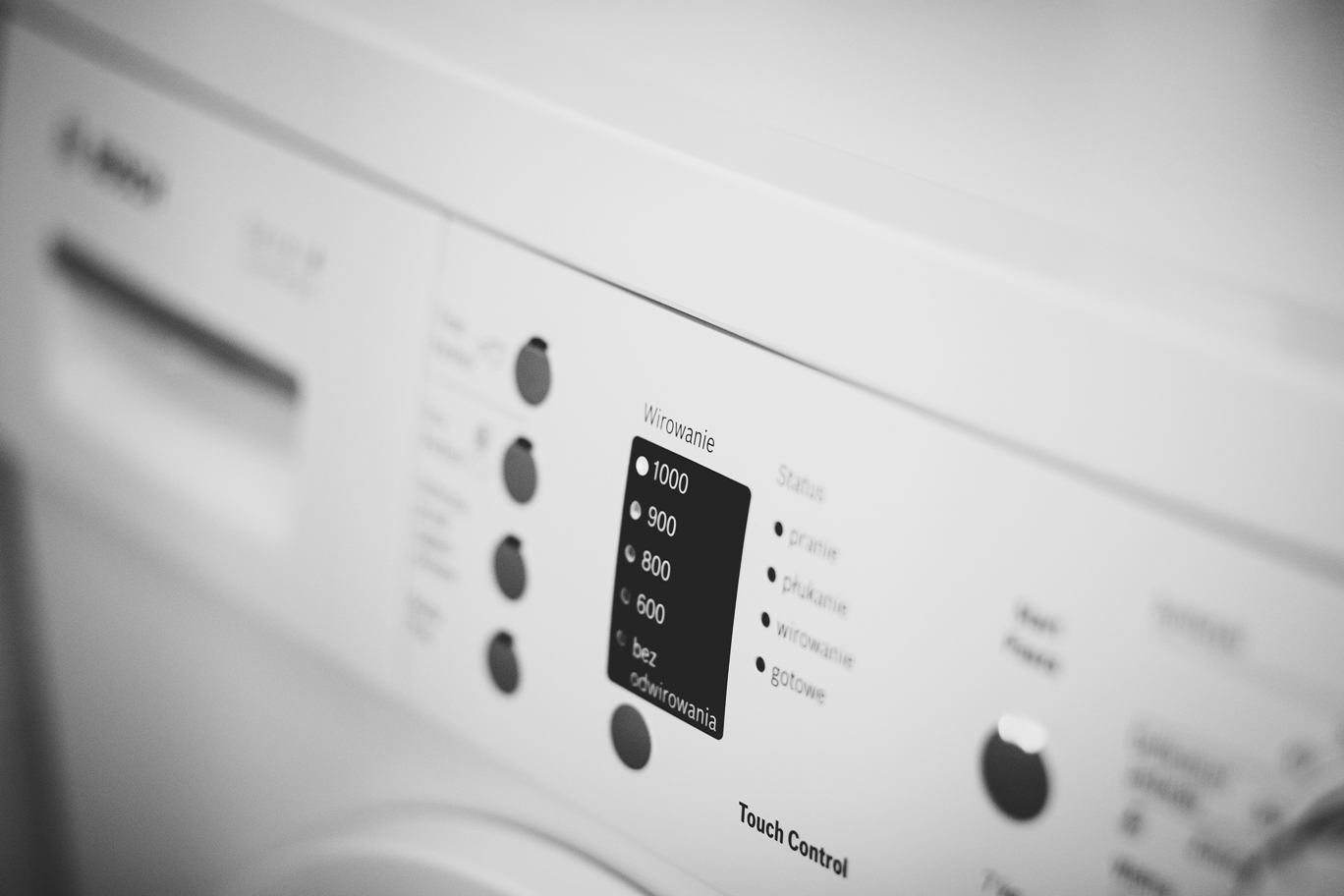
Here’s how they are different, in terms of:
PRIORITY
In housekeeping, the person who manages the household chores is called a housekeeper, otherwise known as a domestic helper, a janitor, or a maid. A housekeeper prioritizes the physical aspects of the HOUSE. She cleans, organizes, fixes things, launders and irons clothes, and so forth. A housekeepers’ purpose it to make sure that everything in the house or about the house is in tip-top shape so that it can be lived in comfortably.
In homemaking, the homemaker prioritizes the family that resides within the house. Her responsibilities are not only tied to the physical aspect of the house, as her focus is to ensure that the house itself is in a condition that meets the daily needs of the family.
VALUES
Housekeeping’s main concerns are routine work, efficiency, money-savings, checklists, and house chores done well. It is all but shallow in comparison to homemaking which values the emotional and spiritual components of the home, like life’s little comforts, family time, the harmony of the family members, integrity, honesty, respect, and love.
FREEDOM OF OPINION
With housekeeping, the housekeeper has very little to no decision-making responsibilities because her duties are usually already given to her as part of her job. She already knows what to do and she does all her work within the scope of the duties assigned to her. She is told of what must be done, how to do it, and when to do it, without so much of a thought on her part.
This post contains affiliate links for your convenience.
For more information, see my disclosures here.
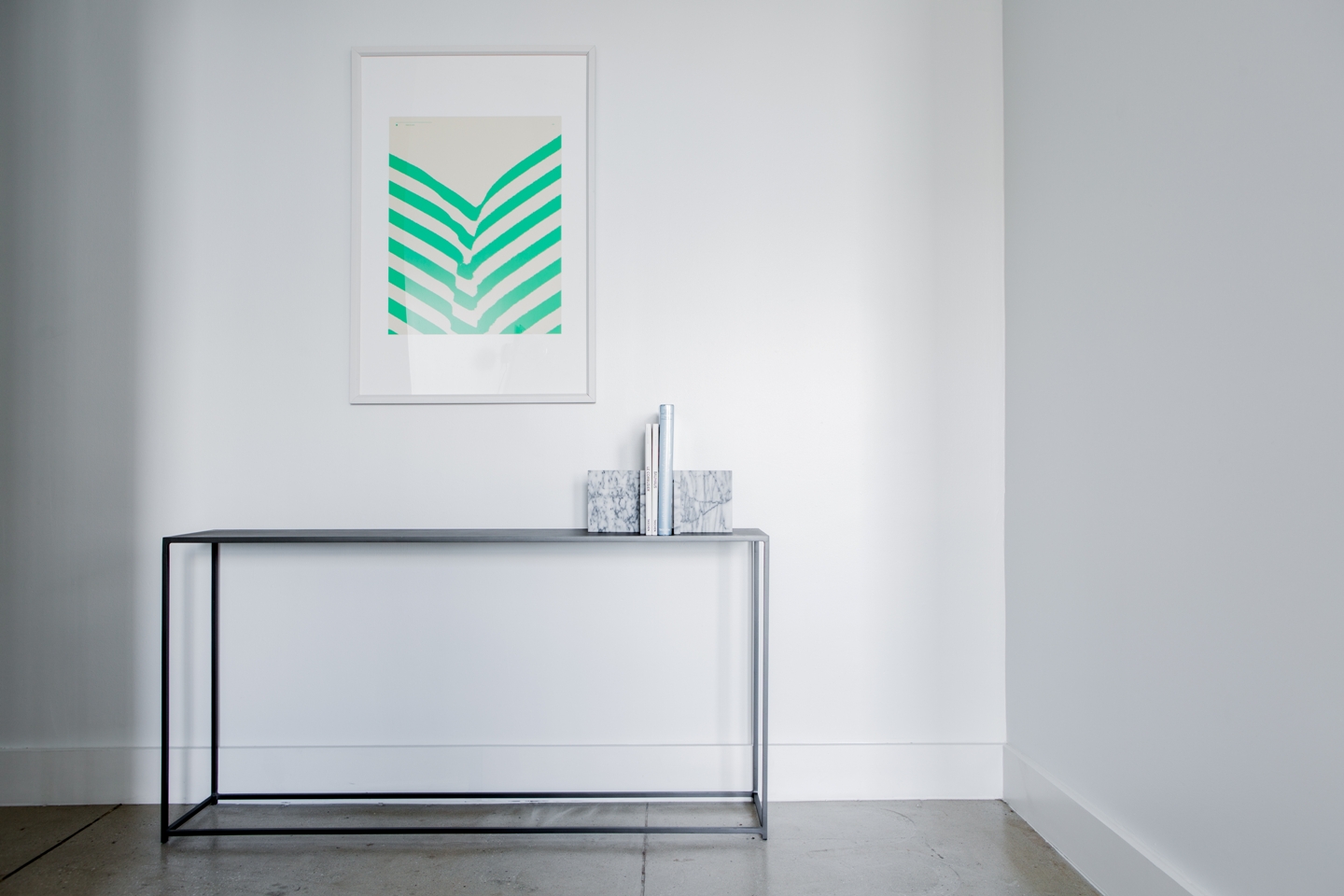
FLEXIBILITY
With homemaking, the homemaker is evolving each day, constantly adapting to the changes of the family’s needs. Homemaking practically becomes a science as she factors in everything that affects the home and family. Imagine trying to make each schedule of the family members work together, like how an air traffic control tower directs airport traffic, or how a certified psychiatrist counsels unwilling teenagers and spouses. A housekeeper does not have such concerns to think about.
MOBILITY
If you leave the house and go on a 3-month long vacation, a hired housekeeper will ensure that your house will be taken care of while you are away, not because she cares, but because it’s her job. Without a housekeeper or a caretaker, you’ll come back to a dustier and grimier version of your house.
With a homemaker, home will always be where your family is. When your family leaves for a vacation, a homemaker will ensure that wherever you will go, wherever you will stay, she will turn it into a home, albeit temporarily. For as long as your homemaker is with you, even a camping tent will feel and function much like an extension of your home.

There you have it, the 5 main differences of homemaking and housekeeping. I am a proud homemaker. I was 9 years old when I became interested in homemaking; I learned how to sew by hand, self-learned how to use a sewing machine, how to make floral arrangements, how to cook and bake, how to care for the sick, how to entertain guests, how to fold napkins, and all these different things by reading, watching and observing other homemakers around me.Learning these skills is so much fun for me, and I’m not even done! My homemaking education never stops; I always look for new things to learn. This is one of the reasons why this blog exists! So, I hope you learned something new today. What homemaking skills are you good at?


